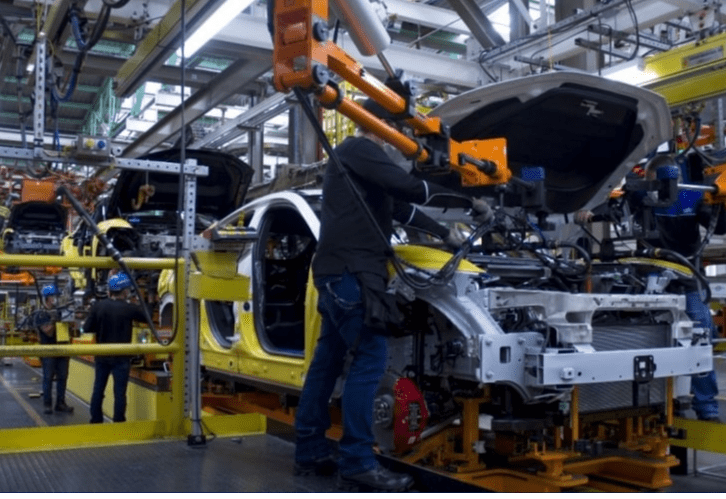Mexico captured 2,648.4 million dollars of Foreign Direct Investment (FDI) in the manufacture of cars and trucks from January to September 2021, reported the Ministry of Economy.
As a prominent factor in the context, the Mexico-United States-Canada Agreement (USMCA) includes many innovative provisions designed to incentivize new investment in the North American automotive sector, promote additional purchases of auto parts produced in the region, create and support higher paying jobs in the auto industry and encourage automakers and suppliers to locate future new energy and autonomous vehicle production in North America.
After registering arrivals of FDI in the manufacture of cars and trucks for 3,333 million dollars in 2018, Mexico first registered an increase in these flows, to 4,291 million in 2019, and then a reduction, to 2,774 million in 2020.
Manufacture of cars
On the one hand, the Automotive Research Center (CAR), a nonprofit organization, predicted that the USMCA would likely increase production of core parts, noting that most vehicles made in North America already complies with most of the new rules. CAR predicted a «slight increase» in US vehicle prices.
On the other hand, a report by the International Monetary Fund (IMF) argued that the new rules of origin «would not achieve the desired results» of the USMCA and would lead to a decrease in the production of vehicles and spare parts in North America, displacing the production outside the region and leading to an increase in vehicle prices.
Since the USMCA was negotiated, according to an analysis by the US Congress, the pace of electrification of passenger cars has increased, with implications for the North American supply chain.
The analysis adds that the production of many parts used in the propulsion system of a conventional vehicle can decrease and be replaced by fewer parts used in electric vehicles.
The large, heavy batteries that power those vehicles are likely to be produced near final assembly plants.
These technological and manufacturing changes are also likely to cause the current trade in vehicle parts to contract, increasing the added value of assembly plants.
![]()

